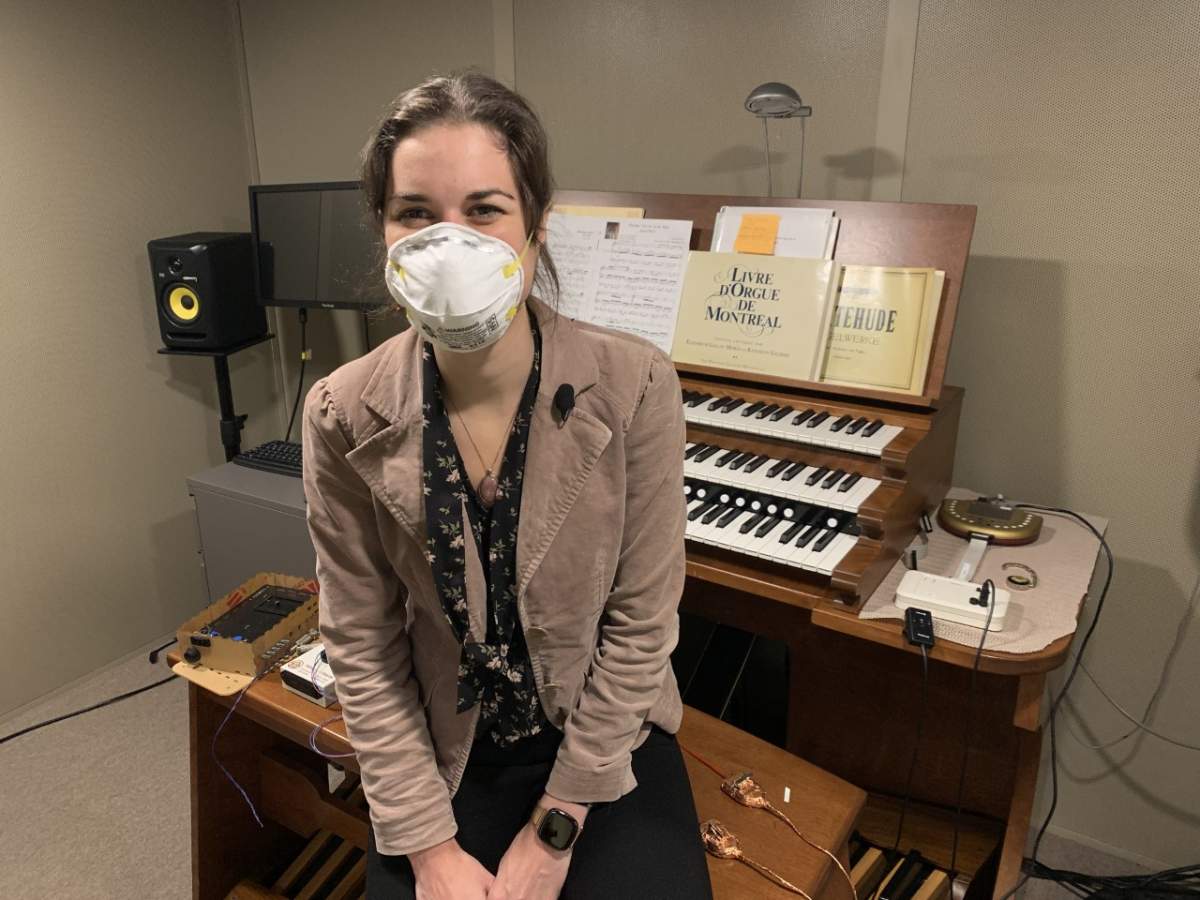A new study out of Montreal is hoping to better understand lingering consequences from COVID-19 infections and what impact the post-COVID syndrome known as long COVID has on people’s lives.

“We know that people get a whole range of symptoms and no one fully understands why, it’s a brand new problem so we need to science the heck out of it,” said Dr. Lesley Fellows, professor of neurology at McGill University and one of the researchers conducting the study. “We’re trying to basically make it easy for patients to partner with us to help us understand their experience in a way we can use for research.”
The Quebec Action for Post-COVID (QAPC) study is conducted entirely online by the Montreal Neurological Institute-Hospital.
The goal is to identify persistent symptoms people have after a COVID-19 infection but also to help people better cope with them.
Isabelle Arseneau-Bruneau, 35, is one of the participants. In the past two and a half years, she says she has caught the virus four times.
She says her infections felt more like the flu, but it was truly what happened after that continues to affect her the most.
“I still have pericarditis, I have tachycardia,” said Arseneau-Bruneau. “Of course being out of breath is an issue.”

Get weekly health news
Arseneau-Bruneau says she suffers from brain fog, exhaustion and also developed asthma along with digestive issues.
“Definitely everything is harder,” said the PhD student.
People like Arsenea-Bruneau, aged 18 years and older who have experienced health issues for more than four weeks after catching the infection, can sign up to participate.
Another requisite is that the person’s symptoms cannot be explained by any other diagnosis.

Participants will have to answer questions and do some cognitive tests online every three months for 18 months.
“They also have the option of downloading a couple of simple apps that can hep us monitor their symptoms on a day-to-day, week-to-week basis. They can also give us a more detailed picture of what’s going on.”
Researchers will track how people feel and the evolution of their symptoms.
They will also offer personalized access to online tools and strategies to help alleviate symptoms.
The researchers’ goal is not only to understand the long term impact of the infection but also to improve people’s quality of life.
“I think it will be helpful,” said Arseneau-Bruneau. “The more information we can get on this virus and the impact of it, the better it is. I think that when we do struggle, if we can find a way to make some good out of it, it helps psychologically in the very least.”
The study is being financed by Les Fonds de recherche du Québec – Santé and Scotiabank.
Anyone wanting to find out more or to participate can do so through the study’s website post-covid.quebec or by emailing: post-covid.mni@mcgill.ca.












Comments
Want to discuss? Please read our Commenting Policy first.